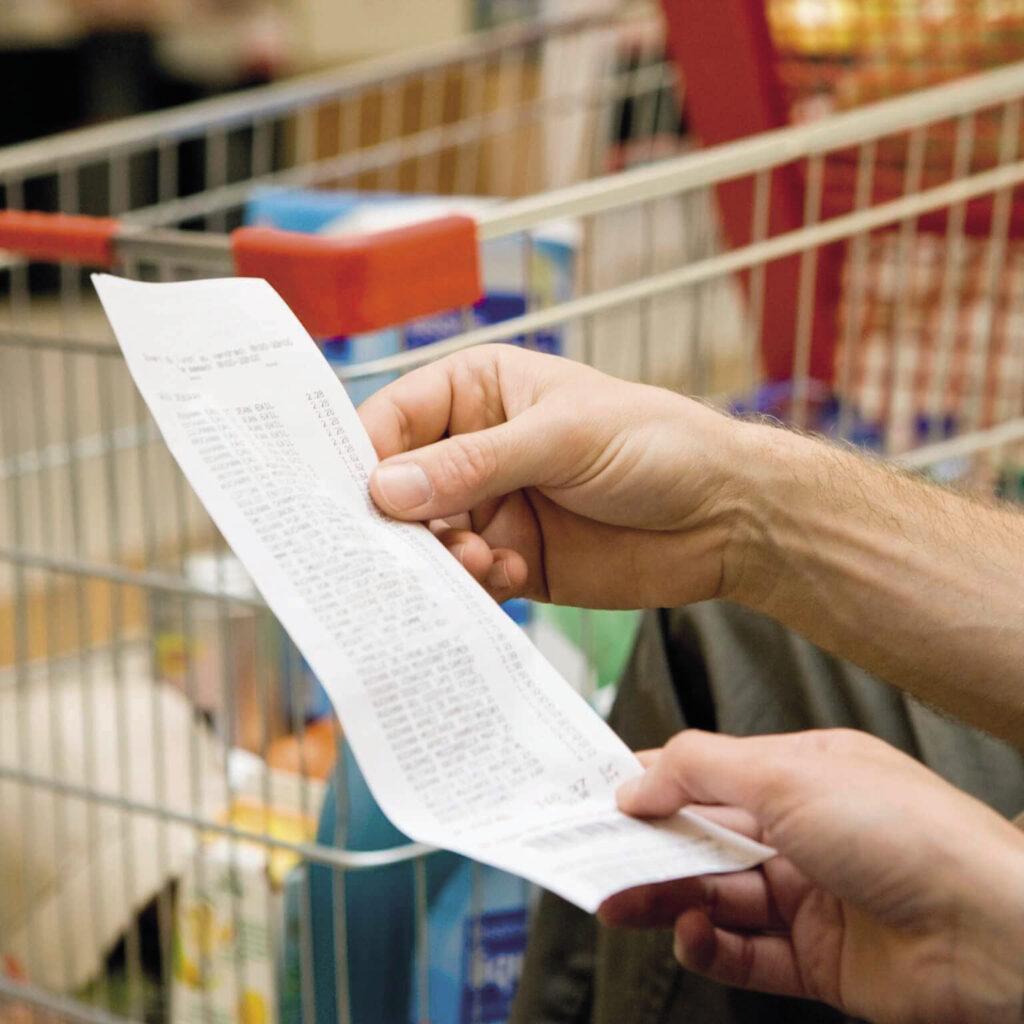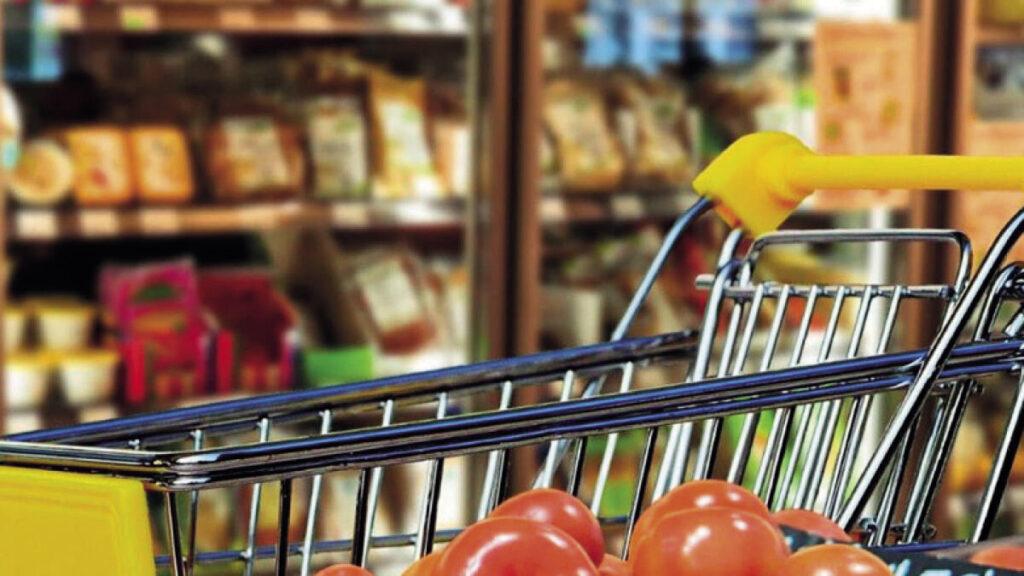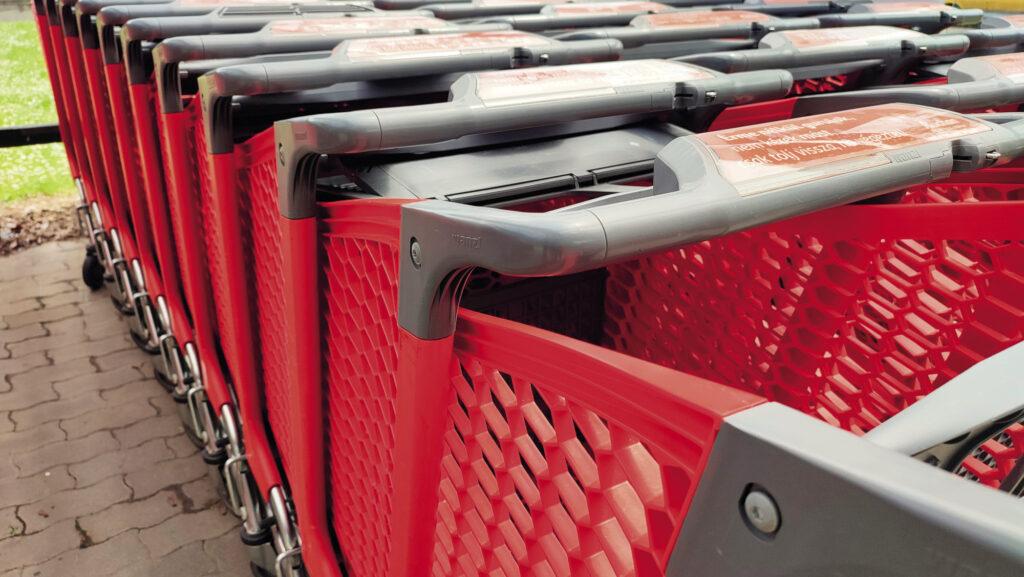Shops adrift at the sea of costs
2022 was a difficult year for stores. Amidst the depressing inflation, families kept cutting back their spending month by month in the second half of the year, in terms of the volume of goods they purchased.

This article is available for reading in Trade magazin 2023/6-7.

György Vámos
secretary general
OKSZ
Although like-for-like retail volume sales were up 5%, grocery stores already suffered a sales 1.6% drop. In the second half of 2022, households purchased even less, as the inflation was rising fast. Inflation peaked in January 2023, hovering around the 25% level for a while. Food inflation was at its peak in December, nearing 45%. Although food inflation is now 8% lower than the peak was, price still reign in the markets.
Retail sector under pressure
According to both the Hungarian Competition Authority (GVH) and the Central Statistical Office (KSH), the increase in transfer prices of the food industry has played a key role in the elevation of the consumer prices of foodstuffs, and the retail sector has been forced to follow suit. There was a time when the increase rate in domestic food industry transfer prices was above 50% (excluding spirits and tobacco products). However, it is also true that the costs of both producers and food processing firms grew; still, in 2022 the rate of increase in food processing industry transfer prices was always higher than the rise in consumer food retail prices.

Food prices rose the most in December, by nearly 45%
Tax burden and price freeze
It is unclear why the retail sector has been picked to be one of the sectors where extra profits are taxed, by the government raising retail taxes. In 2021 the sector’s retail tax contribution was HUF 79bn, by 2022 this jumped to HUF 177bn, and for 2023 the state budget plans with HUF 205bn. This is a huge burden on retailers.
The price freeze is also very bad grocery retailers; the “temporary” price freeze is in force until 30 June, following several extensions. Food retailers have lost more than HUF 400bn in sales since the price freeze was introduced. Since the new rules came into effect on 15 October 2021, the sourcing price has been higher than the consumer price in shops, forcing retailers to suffer a brutal loss on these products.

Purchasing price of the goods on shelves represent the highest cost of retail
Autumn might bring a U-turn
2023 very much seems to be yet another difficult year. A 0.9% year-on-year decline in gross domestic product in the first quarter, plus a 9.2% drop in retail sales over the same period make for a very challenging economic start. Inflation is expected to moderate to single digits by the end of the year, but it will take more to lure shoppers back to the shops. It isn’t likely that retailers will experience a trend reversal before the autumn, when a moderate growth may start.

The question for retailers is how the new regulation on special offers can be integrated into their marketing arrangements
In order to curb inflation, the government has also defined new tasks for retailers, including the introduction of a mandatory discount scheme as of June, and an online price monitoring system that will come into effect in July. The former will oblige designated food retailers (those with a sales revenue above HUF 1bn) to reduce the price of one food product in 20 specific product groups by at least 10%/week, compared to the minimum price of the previous 30 days. //
Related news
OKSZ on the extension of the margin stop decree
🎧 Hallgasd a cikket: Lejátszás Szünet Folytatás Leállítás Nyelv: Auto…
Read more >KSH: in January, consumer prices exceeded the values of the same month of the previous year by an average of 2.1 percent
🎧 Hallgasd a cikket: Lejátszás Szünet Folytatás Leállítás Nyelv: Auto…
Read more >Related news
MOHU: 5,200 return points are in operation, but 47 larger settlements still do not have RE points – public “enema” machines may be introduced
🎧 Hallgasd a cikket: Lejátszás Szünet Folytatás Leállítás Nyelv: Auto…
Read more >KSH: in the fourth quarter of last year, investment performance was 1.3 percent lower than a year earlier
🎧 Hallgasd a cikket: Lejátszás Szünet Folytatás Leállítás Nyelv: Auto…
Read more >








